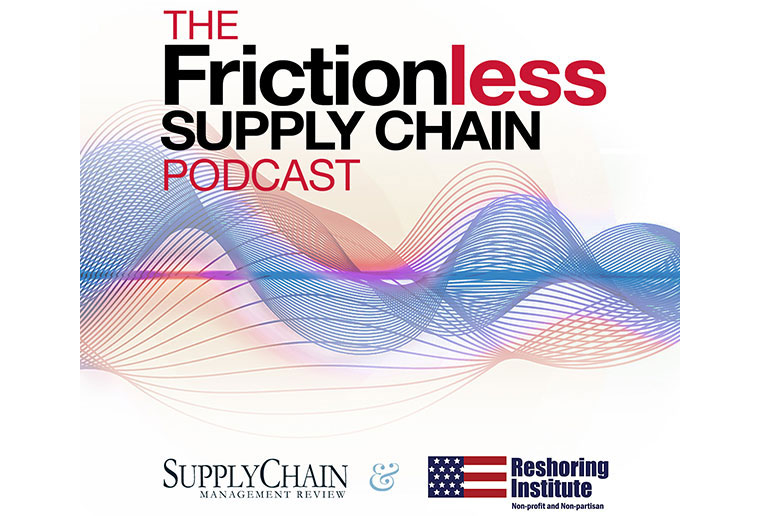The upcoming Supply Chain Outlook Summit 2015 will feature 10 different speakers who have their fingers on the pulse of the most important changes impacting supply chain management over the next 2-3 years. At the event, Rosemary Coates will talk about Reshoring and Rebalancing Global Supply Chains: How will you prepare? Are you ready for the new global supply chain evolution?
As the executive director of the Reshoring Institute and president of Blue Silk Consulting, Coates is an Amazon.com best-selling author of five books, including 42 Rules for Sourcing and Manufacturing in China and The Reshoring Guidebook. Over the last 25 years, Coates has helped over 80 global supply chain clients achieve their goals. She serves on the Board of Directors of the University of San Diego Supply Chain Management Institute and teaches Global Supply Chain Strategy at UC Berkeley.
In her presentation, Coates will discuss the essential nature of manufacturing in rebuilding the nation's middle class and economy. Here, Coates tells why this is a critical topic right now and explains the reshoring movement's progress to date.
SCO: Why are more companies rethinking their global manufacturing outsourcing strategies?
Coates: Initially, companies outsourced for a number of reasons. Some wanted to save money on the cost of labor, others wanted a more low-cost environment to work in, and others did it just to follow what everyone else was doing at the time. Fast-forward to 2015 and it's clear now that many of those firms made this move without thinking through the total cost concept. They made simple decisions (based mainly on low labor costs) without thinking through all of the issues.
SCO: How is the reshoring movement progressing?
Coates: According to a recent study from Boston Consulting, 54 percent of U.S. manufacturers with over $1 billion in revenue are considering reshoring some or all of their manufacturing. The fact that more than half of the companies are bringing manufacturing processes back onshore will have a significant effect on global procurement, logistics, trade, and manufacturing strategies.
SCO: Why is this trend taking place?
Coates: As labor rates rise around the world, and as more quality control issues surface, companies are rethinking why they outsourced overseas in the first place. Now, they're looking at what they should bring back and from what we're seeing, that's primarily advanced manufacturing. This will shift the supply chain significantly as companies that are bringing in goods from Asia, India and South America now look to reestablish manufacturing, sourcing, and distribution networks here in the U.S.
SCO: How will reshoring impact supply chains?
Coates: Despite the appetite and support for reshoring, the process is not as easy as you may think. It requires strategy, planning, and a commitment to invest in rebalancing your global supply chain. We're all living in a world where companies like Amazon literally ship overnight, and companies are going to have to figure out how to match that speed for industrial products, too. To get there, they'll have to do a significant amount of reengineering to their global supply chains.
SCO: Why the drive to reshore now?
Coates: Because we've gotten to the point where it's time to rethink the process, make products in the markets where they are sold, and help rebuild the American economy. It's important for our future and our children's future.
To learn more about the conference program, click here.
SC
MR

Latest Supply Chain News
- Tips for CIOs to overcome technology talent acquisition troubles
- There is still work to do to achieve supply chain stability
- Blooming success: The vital role of S&OE in nurturing global supply chains
- Supply chain salaries, job satisfaction on the rise
- How one small part held up shipments of thousands of autos
- More News
Latest Podcast

 Explore
Explore
Latest Supply Chain News
- Tips for CIOs to overcome technology talent acquisition troubles
- There is still work to do to achieve supply chain stability
- Blooming success: The vital role of S&OE in nurturing global supply chains
- Supply chain salaries, job satisfaction on the rise
- How one small part held up shipments of thousands of autos
- Investor expectations influencing supply chain decision-making
- More latest news
Latest Resources

Subscribe

Supply Chain Management Review delivers the best industry content.

Editors’ Picks





